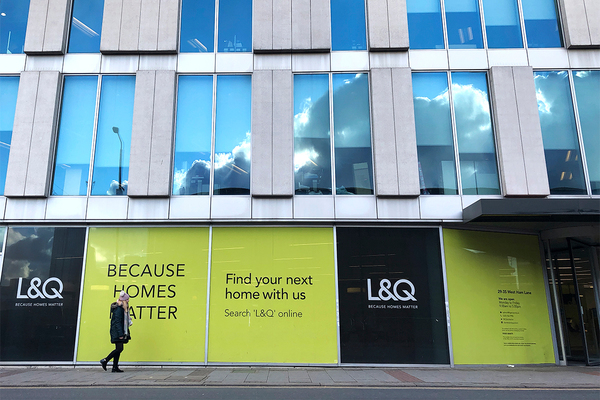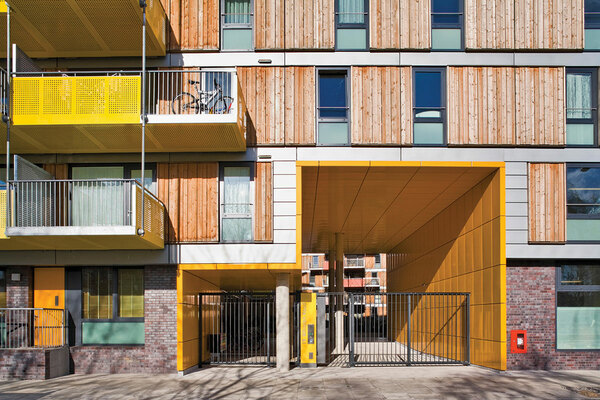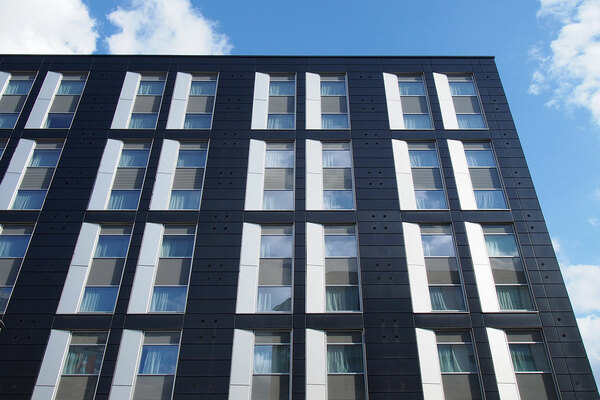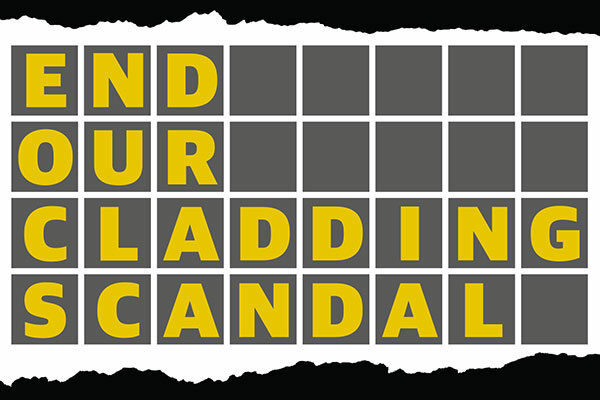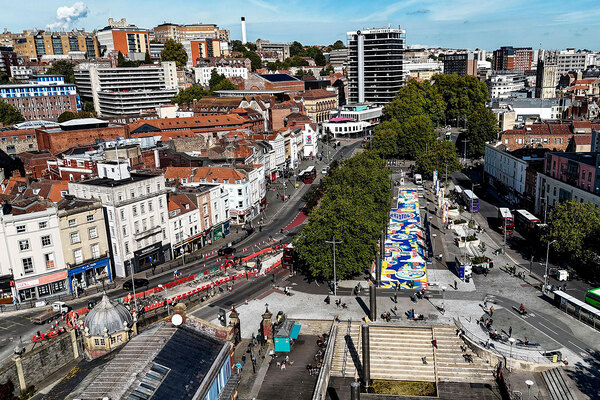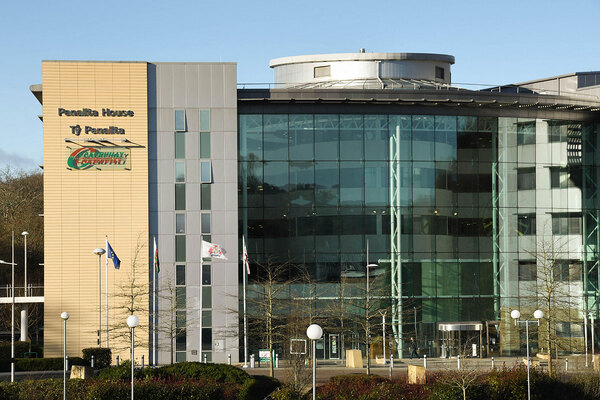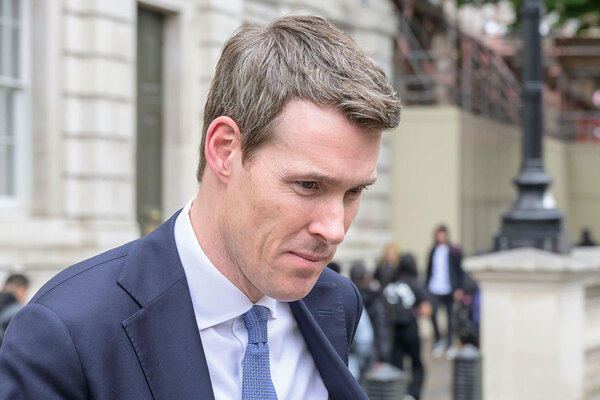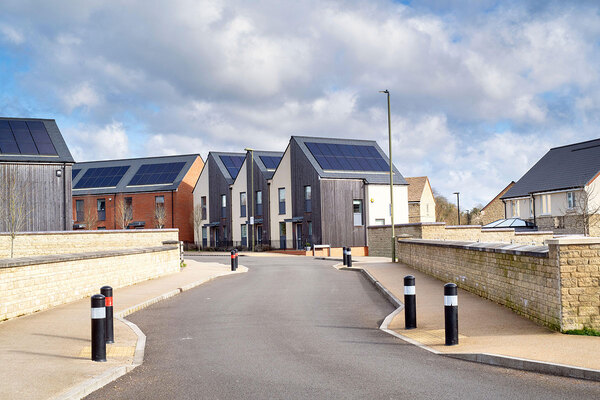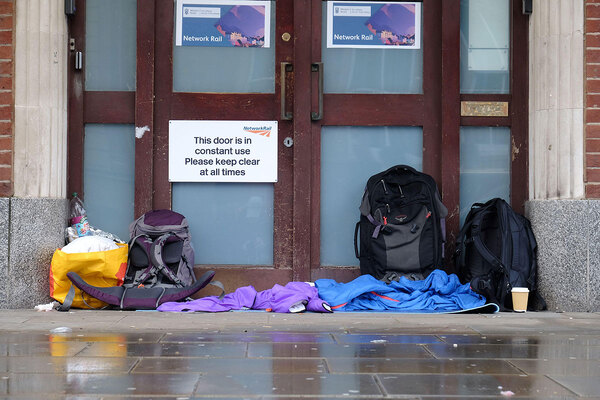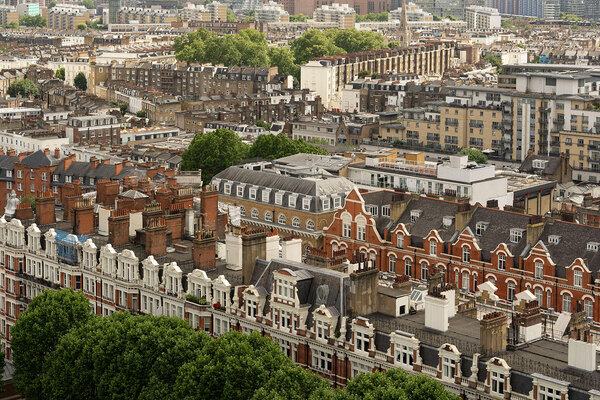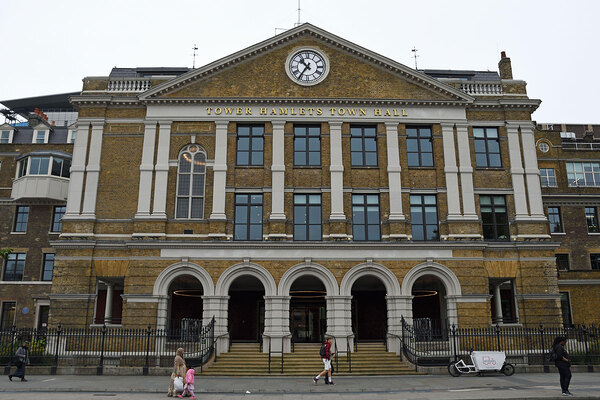You are viewing 1 of your 1 free articles
L&Q reveals fire safety bill could top £450m as its leaseholders plead for Budget help
L&Q has revealed it could cost “in excess of £450m” to inspect and remediate its buildings so they meet government requirements, as leaseholders living in blocks owned by L&Q asked for help in the Budget.
In a statement to Inside Housing, a spokesperson for the 95,000-home landlord said that the figures were modelled on a potential ‘worst case’ scenario where the current guidelines were applied retrospectively to buildings of 11 metres tall or higher. This would mean 700 of its buildings would require inspection and testing.
They added: “If this is the case, our remediation costs for these blocks will be in excess of £450m in a programme that will take several years to deliver.”
Housing associations across the country are being forced to carry out intrusive surveys on their buildings to prove to mortgage lenders that they meet government guidance. If the surveys find combustible cladding, expensive cladding removal works will be required.
Last year, the G15 group, which represents the largest associations in the capital, estimated it would collectively cost their members up to £6.9bn to carry out work to meet fire safety regulations.
L&Q said it would try to recoup costs from contractors where there had been a fault in construction, but this would often result in “lengthy legal action, often with no guarantee of success”.
The spokesperson called on the government to provide support to the association, as well as to ensure that the cost of the bills to remediate buildings is not passed on to the leaseholders.
The statement came in response to a letter sent to chancellor Rishi Sunak by a group of L&Q leaseholders, Homeowners of L&Q, which called on the government to step in to help homeowners facing potentially huge cladding-removal bills.
Homeowners of L&Q said in its letter that the homes of its members have become “a noose around their necks”, with many unable to sell due to mortgage issues and others fearing high remediation bills.
It added: “Our housing association landlords know we cannot afford to pay and many of us will lose our homes for what everyone accepts is not our fault. We desperately need your help.”
Thousands of leaseholders across the country have been left unable to sell or remortgage their homes until building owners can provide evidence to lenders that the cladding complies with government safety advice published in the wake of Grenfell.
The letter also said the impact of the cladding crisis on shared ownership leaseholders had been “even worse than [on] those in the private sector”.
It added: “Shared ownership leaseholders may own as little as 25% of their home and may be on lower incomes but are obligated to pay for 100% of our cladding remediation costs under the law.
“We live in fear as we see more and more fires with combustible non-ACM [aluminium composite material] materials, such as in Barking or Bolton or Worcester Park.
“We grow angry as it becomes clear so many of us were sold poorly built homes but somehow the developers are not being made to rectify these faults.”
L&Q said it is supporting its affected leaseholders by paying for waking watches where required, refunding or waiving admin or application fees for residents looking to sell or staircase their homes, and allowing shared owners to sublet their homes.
A representative from L&Q said: “We understand how upsetting and stressful it is for our affected residents to hear that we are not able to solve this situation quickly.
“Given the unprecedented scale of this challenge, we stand alongside the G15, NHF and many other sector and resident groups in asking for the government’s help.
“We need government to reassure residents that they will not need to foot the bill for expensive works, give building owners guidance on risk prioritisation and a reasonable timeframe in which to resolve any outstanding issues, and work with mortgage lenders to help them relax their stance and begin lending on affected properties again.”
In September, L&Q revealed that it was putting a pause on new development projects due to a “serious downturn” in the housing market and soaring investment costs. This included a £202m investment in fire safety and quality works on its stock.
Last week, resident groups from across the country who live in buildings with dangerous cladding jointly wrote to the chancellor demanding the creation of a “building safety fund” in the Budget.
As part of the End Our Cladding Scandal campaign, which is being run in collaboration with Inside Housing, the groups said the fund must cover the cost of safety work. They also demanded a national taskforce be set up to take control of the crisis at a national level.
Update: at 10.02am 10/03/20 the story was updated with an additional line from L&Q which made clear that the figures were modelled on a potential ‘worst case’ scenario where the current guidelines were applied retrospectively to buildings of 11 metres tall or higher
End Our Cladding Scandal: campaign asks
The next government must:
- Create a ‘building safety fund’ to help pay for the necessary remediation work to affected buildings in the social and private sector – not just those with ACM cladding and above 18m
- Set up a taskforce, with the involvement of residents, capable of inspecting buildings, prioritising and ordering work and ensuring leaseholders are protected from unnecessary costs
Sign up for our weekly Grenfell Inquiry newsletter
Each week we send out a newsletter rounding up the key news from the Grenfell Inquiry, along with the headlines from the week
Already have an account? Click here to manage your newsletters
Related stories
